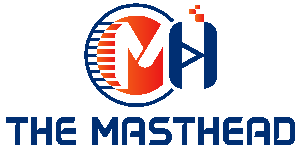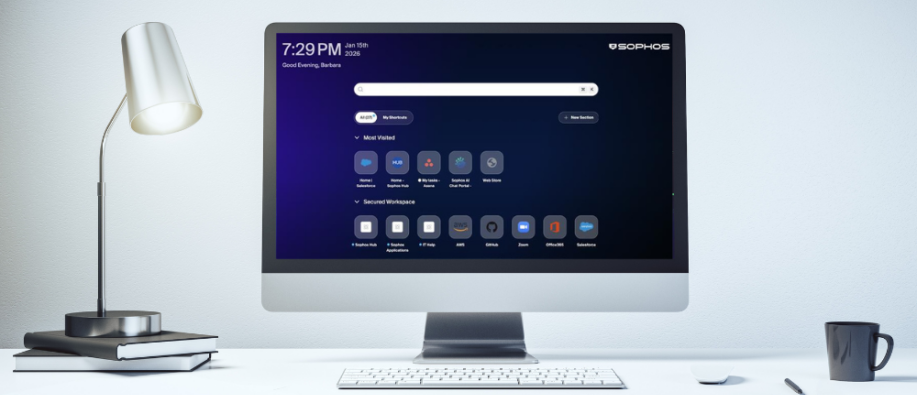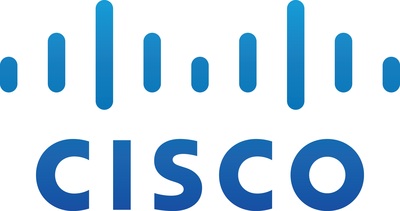Kaspersky highlights changes in cyberthreats landscape across Africa ahead of GITEX Nigeria 2025
According to data from Kaspersky (www.Kaspersky.co.za), a global
cybersecurity company, Sub-Saharan Africa saw 42.4 million web attacks and 95.6
million on-device attacks detected in the first half of 2025. The region
recorded more than a double increase in spyware, 64% more password stealer
attacks and 12% more backdoor infections compared with the same period of last
year. These statistics are shared ahead of Kaspersky’s participation in GITEX
Nigeria (https://apo-opa.co/3URexQu),
one of the region’s most significant technology events taking place on
September 3-4 in Lagos. At the exhibition, the company will share practical
advice and deliver workshops aimed at helping businesses and individuals
strengthen their defences against these fast-evolving threats.
In
Nigeria in the first half of 2025, Kaspersky security tools blocked more than
1.46 million online attack attempts on users. With these threats (that include
phishing scams, exploits, botnets, Remote Desktop Protocol attacks, and Network
spoofing such as fake Wi-Fi networks), nearly one in five people in the country
(19.9%) were targeted. In the same period, 4.97 million on-device incidents
were blocked, where 28.6% of Nigerian users faced malware delivered via
infected USB drives, CDs, DVDs, and hidden installers, including ransomware,
worms, backdoors, trojans, password stealers, and spyware.
Kaspersky’s analysis
shows a 66% increase in password stealers in Nigeria in H1 2025 compared to the
same period in 2024, alongside a 53% increase in spyware blocked. Exploits
targeting vulnerabilities in applications like Microsoft Office also remain
prevalent. Though the overall number of phishing detections decreased by 52%,
phishing threats became more targeted, focusing on specific topics, for
example, phishing specifically related to financial topics (banks, e-shops,
payment systems) was on the rise and grew 46% (Kaspersky recorded over 595 000
detections of finance-related phishing in the country).
Industrial
environments are subject to cyberthreats as well: attacks on 26.5% of ICS
(Industrial Control Systems) computers in Nigeria were blocked by Kaspersky
solutions in H1 2025. There are likely significant problems with virus and worm
threats, especially affecting the construction, ICS engineering and
integration, power energy, and biometrics industries. Africa in general has one
of the highest rates of ICS computers on which malicious objects were blocked
among regions globally.
“Every day, more
people in Africa and in Nigeria specifically are moving their businesses,
banking, and even daily errands online. But with this opportunity comes a
challenge. Cybercriminals are also becoming more active, targeting not only big
companies and government networks, but also ordinary people, small businesses,
and industrial infrastructures we depend on,” says Chris Norton, General
Manager for Sub-Saharan Africa at Kaspersky.
Beyond sharing a
cybersecurity landscape overview and cybercrime trends across West Africa,
Kaspersky will deliver workshops at
GITEX Nigeria 2025, which will allow attendees to:
- Learn how to use real-time intelligence to
monitor, investigate and respond to active threats targeting their
organisations.
- Explore best practices in building a
cyber-aware workforce through tailored trainings.
- Get a practical overview of how to secure
containerised cloud environments and avoid misconfiguration risks.
- Participate in the Kaspersky Interactive
Protection Simulation (KIPS) - an interactive game to challenge
decision-makers’ perceptions of cybersecurity and find out the typical
mistakes companies make when building their cybersecurity.






























Leave A Comment